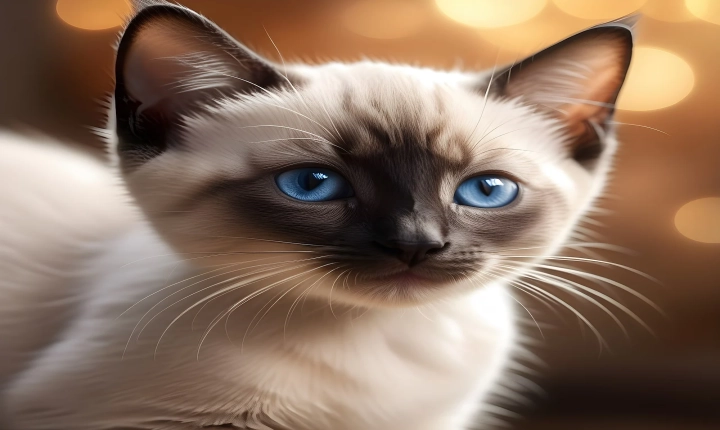Title: How AI Will Augment Human Creativity
Artificial Intelligence (AI) has been making significant strides in various industries, from healthcare to finance to education. One area in which AI is poised to have a significant impact is in augmenting human creativity. While there may be concerns about AI replacing human creativity, the reality is that AI has the potential to enhance and empower human creativity in unprecedented ways.
One way AI can augment human creativity is by acting as a creative collaborator. AI can analyze vast amounts of data, identify patterns, and generate insights that can inspire and inform human creativity. For example, in the realm of music composition, AI can analyze musical styles and patterns to suggest novel chord progressions or melodies to human musicians. In visual arts, AI algorithms can analyze and generate new design patterns, color schemes, and compositions to inspire and enhance the work of human artists.
Moreover, AI can act as a powerful tool for ideation and concept generation. By rapidly processing and synthesizing diverse information, AI can stimulate fresh ideas and possibilities for human creators. In the field of product design, AI can analyze customer preferences, market trends, and material science to suggest new product concepts and features. In content creation, AI can provide writers and journalists with research insights and topic suggestions based on trending news and social media discussions.
Furthermore, AI can significantly improve the efficiency of the creative process. By automating repetitive and mundane tasks, such as data analysis, image processing, or documentation, AI can free up human creators to focus on higher-order creative thinking. This can lead to increased productivity and faster innovation cycles, allowing creators to explore more ideas and iterate on their work more quickly.
Another aspect of AI’s augmentation of human creativity is in customizing and tailoring creative experiences to individual preferences and needs. Personalized recommendations and suggestions from AI can help creators discover new influences, styles, and techniques that resonate with their unique artistic sensibilities. This can lead to a more diverse and inclusive creative landscape, as creators from different backgrounds and perspectives can benefit from AI-driven curation and exposure to diverse forms of creativity.
However, it is essential to acknowledge the potential challenges and ethical considerations that come with AI’s augmentation of human creativity. As AI becomes more integrated into the creative process, there is a risk of overreliance on AI-generated ideas and a loss of human individuality and originality. Additionally, there are concerns about the bias and limitations present in current AI systems, which may inadvertently influence and restrict the scope of human creativity.
In conclusion, AI has the potential to augment human creativity by acting as a collaborator, ideation partner, and productivity enhancer. By leveraging AI’s analytical and generative capabilities, human creators can tap into a wealth of insights and possibilities that can fuel their imagination and innovation. As AI continues to evolve, it will be crucial to carefully navigate the opportunities and challenges of AI-augmented creativity to ensure that human creativity remains at the forefront of innovation and expression.
